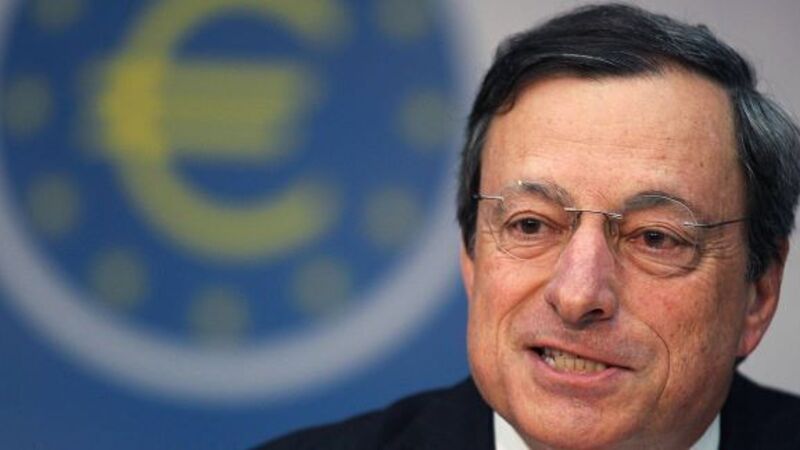ECB plan ‘to exclude tracker mortgages’

The ECB president, Mario Draghi, unveiled a new set of measures to stoke economic activity across the eurozone at the bank’s September monthly meeting, including a programme to purchase asset-backed securities.
The three domestic banks — Bank of Ireland, AIB and Permanent TSB — have just under €50bn of loss-making tracker mortgages sitting on their balance sheets.
















